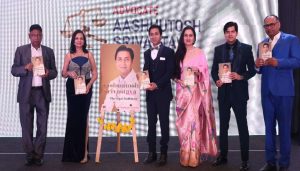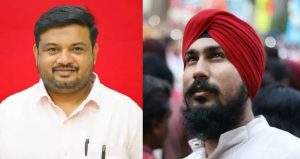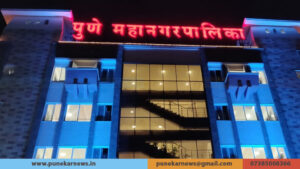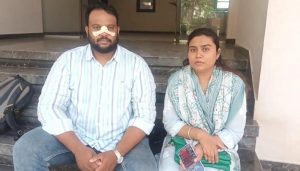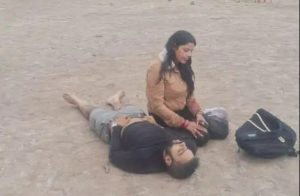When it comes to censorship, I prioritize artistic values – Bruce Guthrie
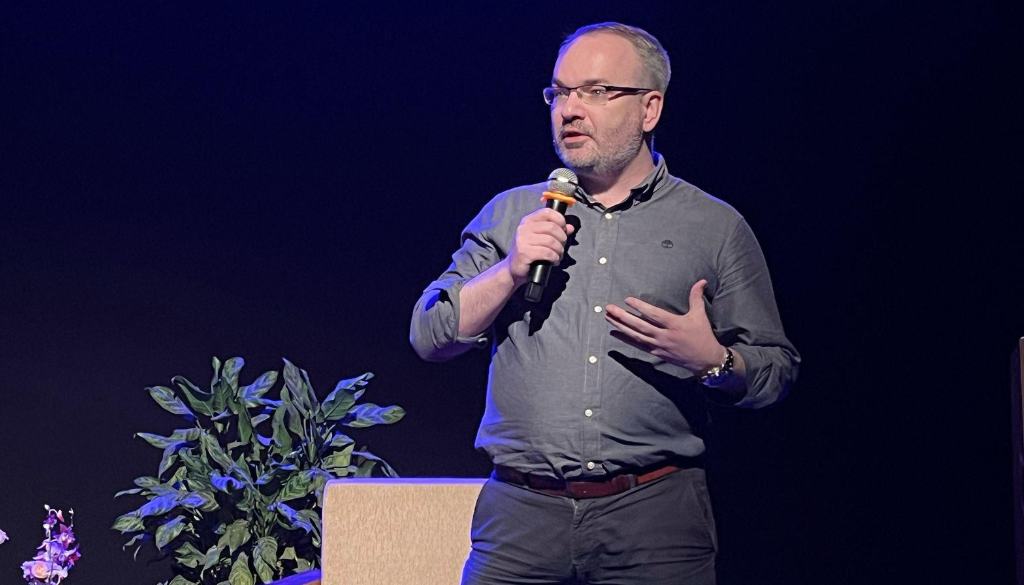
Pune, 11th April 2025: At an institutional level, we navigate both explicit and implicit forms of censorship. My approach prioritizes artistic value, and I address self-imposed censorship on a case-by-case basis, tailored to the specific artwork’s context, remarked Bruce Guthrie, Head of the Theatre and Film Department at the National Centre for the Performing Arts (NCPA).
He further emphasized that any concerns raised about a specific artwork are addressed through open dialogue with all parties involved, leading to informed decisions about potential revisions.”
Addressing the inaugural ceremony of the Manch Theater Festival he stated that this festival is a pioneering effort in Pune, courtesy of the Bhasha Center in collaboration with District by Zomato. The event was inaugurated recently and will continue on April 13 at Shreeram Lagoo Rang-Avkash, Maharashtra Cultural Centre, Pune.
Bruce Guthrie is the Head of Theatre and Films at the National Centre for the Performing Arts (NCPA), Mumbai. His talk, titled “Looking Beyond Performance”, explored the importance and potential of the role of the theatre producer in imagining new ways to present work and bring people of different sensibilities together.
The festival commenced with Bruce Guthrie presenting an overview of the work undertaken by the NCPA, offering insights into its diverse artistic initiatives and cultural impact.
During the presentation, he reflected on his own journey from working as a free assistant director to becoming a global visionary in theatre. He emphasized the importance of making oneself useful, following one’s passion, and embracing the philosophy of trial and error. It’s not just about performance to performance but about the whole life experience. “We need to create space that allows people to do their best work”, he further noted.
Guthrie stressed that “education and accessibility in theatre should never be limited by age or background.” He underscored the importance of flexibility in theatre through open libraries, workshops, and affordable programs. The inaugural event was then followed by an interview with Bruce by Irawati Karnik. He shared his perspective on the balance between elite quality and broad accessibility: “Being elite is fine, but at the risk of excluding others is not.” He spoke of the power of theatre to offer audiences what they need, not just what they want—especially in an era dominated by algorithm-fed content. One of the key highlights was Guthrie’s candid take on official and unofficial censorship in the arts, he reflected on the responsibility of theatre-makers to speak truth to power and to defend the integrity of the process: “Art should be priceless, not worthless.”
They then spoke about leadership and vision-building, where Guthrie advocated for building mindsets over skills, urging young practitioners to read widely, listen more than they speak, and find the balance between personal taste and audience appeal.
In closing, Guthrie remarked, “My job is to articulate my vision and then create space for the audience to create theirs”. He takes immense pleasure in having this mutual collaboration and understanding that the quality of play is different for everybody. When asked about his marketing struggles, he mentioned that it’s something that is very heavily looked at as nowadays it’s all about viewership. Audience experience FOMO (fear of missing out), that itself is a good strategy as earlier it was considered work to speak for itself but now, he believes that it’s the audience that speaks about the work. Gargi Datar conducted the program. Bhasha Center’s Vivek Madan provided information about the drama festival.


